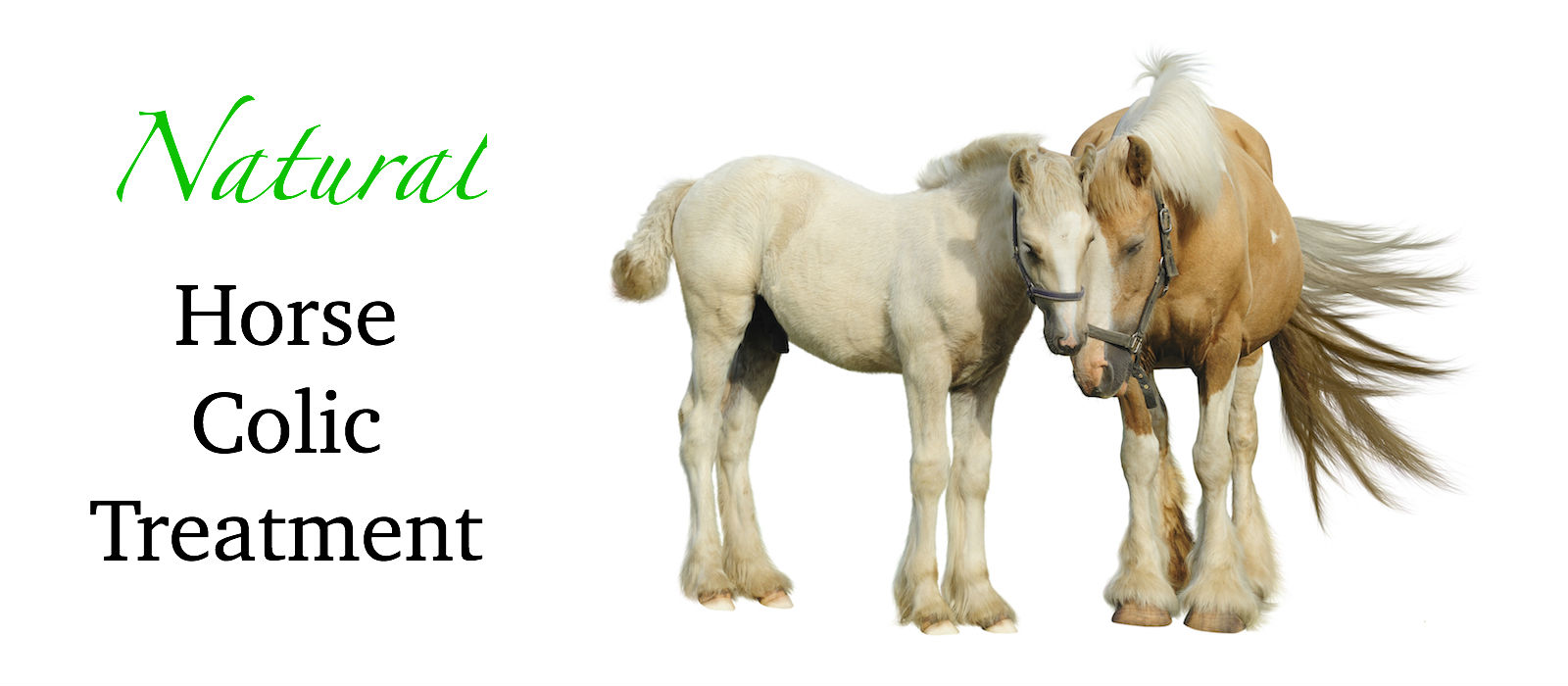Horse Colic Treatment
Horse colic – A disease that can not only causes pain, but can also be lethal for your horse. Here you will find valuable informtion on this disease and horse colic treatment.
Colics are feared by all horse lovers, because these diseases cause the horse not only severe pain but can also be fatal for them. Almost all horses get at least once in their lives colic, some also very commonly. Therefore it is very important for horse owners to find out everything about this disease.
Fundamentally colic is not a single disease, it is a collective term for symptoms that indicate several diseases of the stomach and intestinal tract.
What signs reveal colic?
Depending on the type and severity of colic the signs vary as well. Mostly the horse paws with its hooves, it is restless and walks restlessly in the box. It turns the head over and over again towards the belly to try and bite itself. The more severe the disease and the more advanced, the worse the symptoms. The horse starts to sweat, yawn and nuzzle repeatedly. It also repeatedly gets down and up again to rolls on the abdomen or lies down on its back. It breathes faster and also the heartbeat is accelerated, the eyes and nostrils are inflated. Based on these signs colic can always be noticed.
But what to do if you suspect colic? One can hardly look into a horse to find out how bad the colic actually is and how much pain the horse is in. Therefore, it is advisable to call the vet immediately. Another important step is to prevent the horse from lying down. Movement helps the animals with mild to moderate colic as antispasmodic and relaxation. If the horse lays down or rolls onto the stomach intestines could move or even tie up, which should be strictly avoided! However, the colic sometimes can be so strong that the circulation of the horse greatly impaires and motion is therefore not advisable. Until the veterinarian arrives and explains both colic type and the severity of the disease and the way forward, the horse should be prevented even from taking in the fodder. One should remove hay or other feed, and be careful that it eats no litter. It is also advantageous when temperature and pulse of the horse is measured because for the veterinarian these are all beneficial information.
What types of colic in horses exist?
There are several types of colics, from which you may already have heard or should know about.
The most common colic is the so called Cold Weather Colic. As the name suggests it involves paraxymal and fierceful cramps which appear when the weather changes, in stressful situations, if the horse drinks too fast or too much water, or may occur with overexertion.
The Gas Colic is the distension of the bowel through an excess gas formation. There are several reasons for this, mostly, an incorrect feeding is to blame. For example, if the horse has eaten too much grass (Gardeners like to through their mown grass onto the horse meadows, in the belief that the horses like to eat it, however, the cut grass almost always leads to a Gas Colic. Sometimes horses die due to the overzealous gardeners!), too much clover or fresh bread.
Even constipation can be a reason.
Often the Impaction Colic occurs. Parts of the large intestine are blocked. This colic manifests itself through inertia and the circulatory system, the horses are mostly sideways and move little.
When the small intestine is twisted, which is the most serious form of colic, it´s called a twisted bowel. The horse suffers from severe pain that occurs suddenly and violently, the horse trying to relieve the pain by wallowing. Often these colics is to be treated only by surgery.
Eats the horse too fast and a lot, it may lead to stomach overcharge. Since horses can not vomit, the contents of the stomach must usually be removed by a veterinarian.
Horse colic treatment
In any case it is advisable to call the vet, who is more familiar with this disease and can act accordingly. Some horses are particularly susceptible to colic and should therefore be closely monitored. One can also take certain safety precautions:
-
examining the horse paddox regularly
-
paying attention to quality of the food
-
not feed too large amounts
-
do not let the horse drink large quantities of water immediately after strenuous exercise
-
avoiding stress

It’s the best time to make some plans for the future and it’s time to be happy.
I have read this post and if I could I want to suggest you
few interesting things or tips. Perhaps you could write next articles referring to this article.
I wish to read more things about it!
Whoever edits and puhibsles these articles really knows what they’re doing.